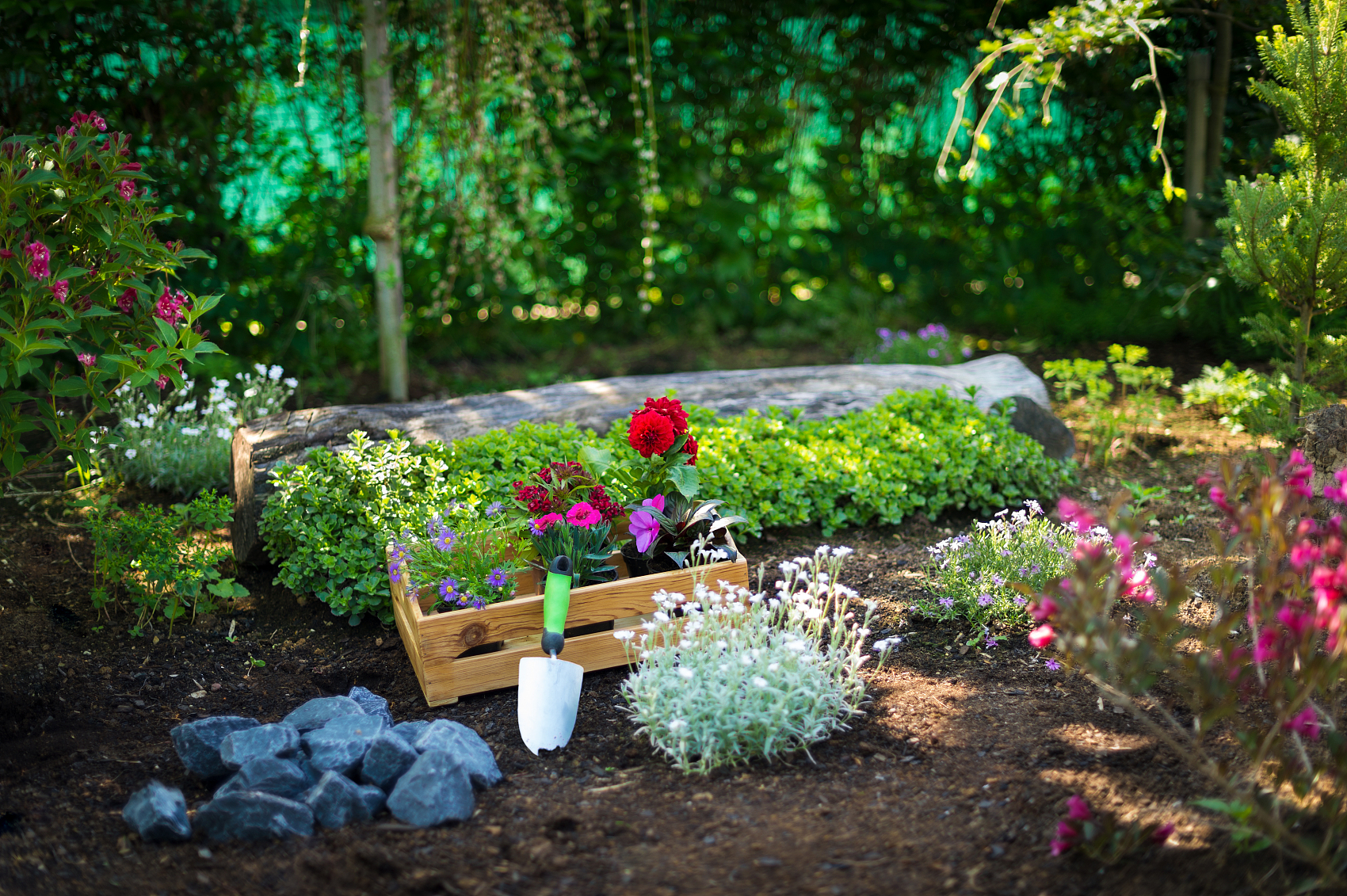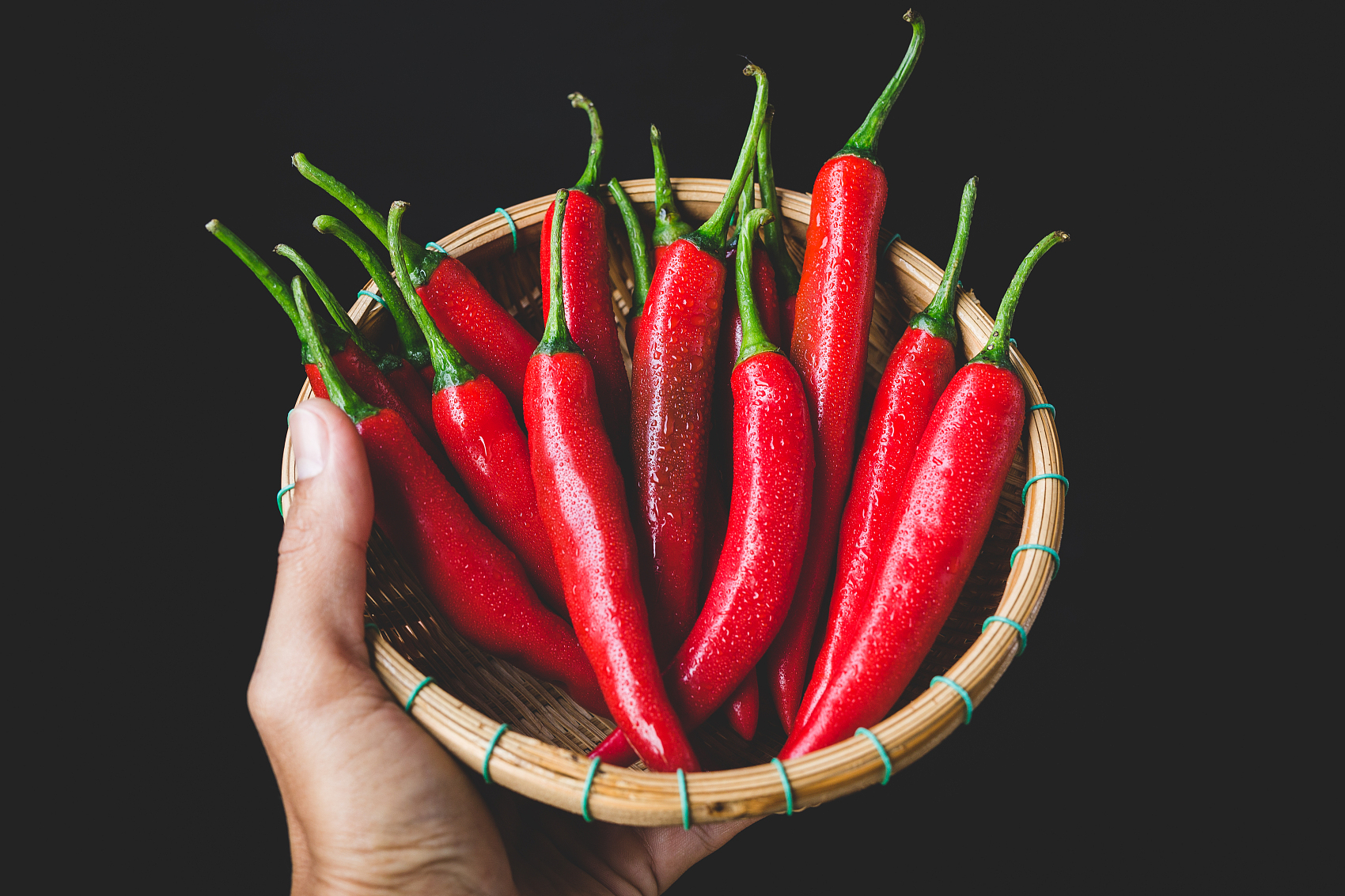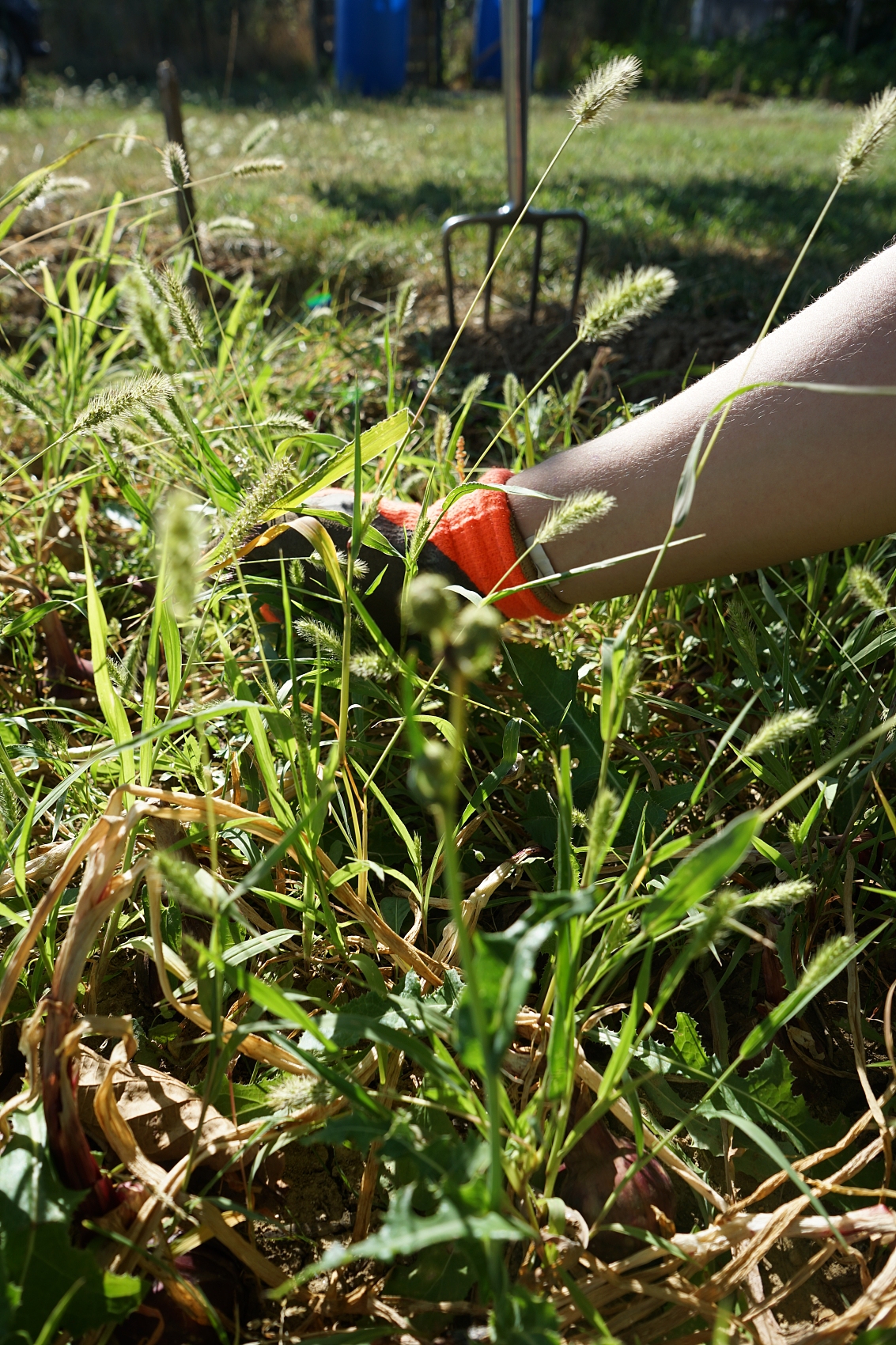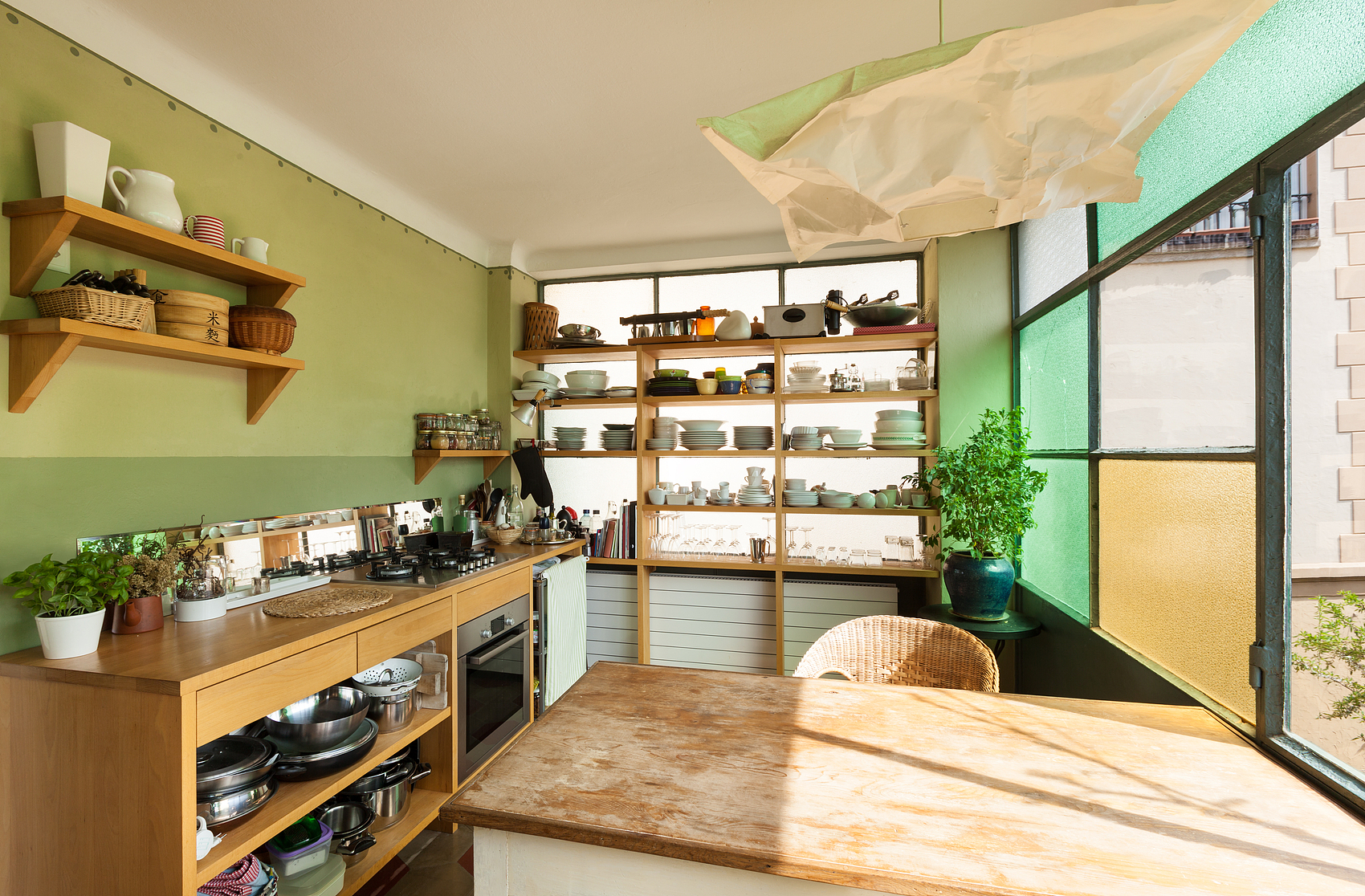Aphids can be a real headache for gardeners, causing stunted growth, yellowing leaves, and even spreading viruses. Instead of reaching for harsh chemicals, many homeowners prefer natural methods to keep these pests in check. Here are over a dozen effective ways to control aphids without chemicals.
What Are Aphids?
Aphids, often called plant lice, come in more than 4,000 species, with about 250 known to cause significant damage to crops. Some common types include woolly aphids, black aphids, and green peach aphids.
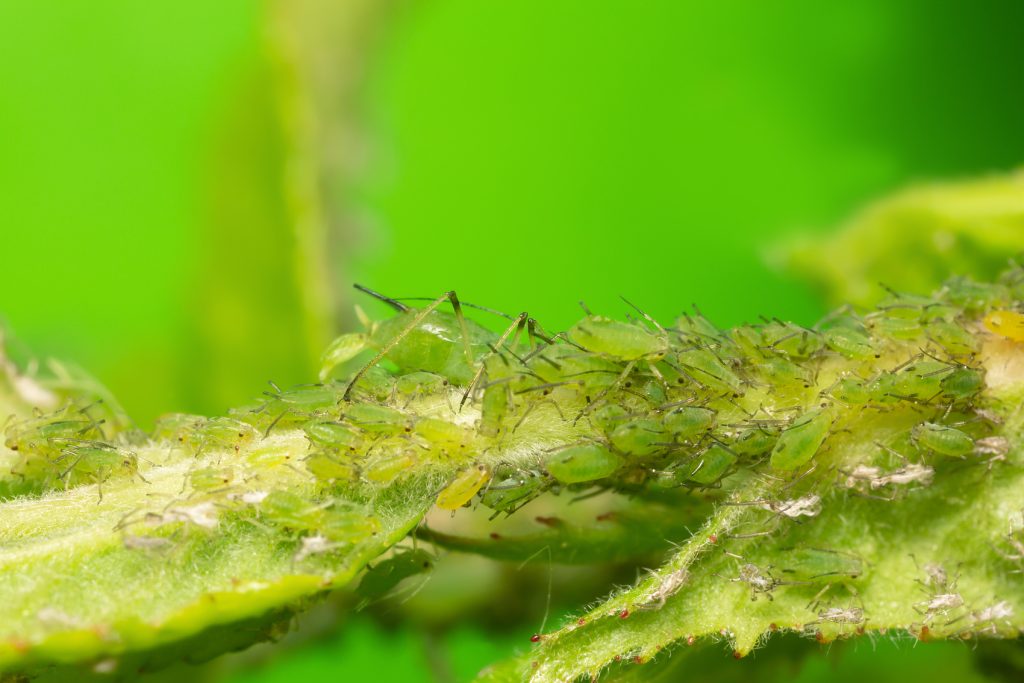
12+ Natural Ways to Control Aphids
1. Pick Them Off!
If you spot a few aphids, simply remove them by hand. For larger infestations, use gloves to pinch them off and dispose of them.
2. Remove Affected Plants
If only a few branches or ornamental plants are infested, it’s best to cut them away. Quarantine these plants and use soapy water to kill off any remaining aphids. Disposing of infested branches in soapy water or burning them can also help.
3. Hose Them Down!
For established plants, a strong spray of water can dislodge aphids. Just be cautious with young plants, as water pressure might damage them.
4. Use Dish Soap Spray
Mix a couple of tablespoons of dish soap in a quart of water and spray it directly on the aphids. The soap dissolves their protective coating, leading to dehydration. Just be careful not to harm beneficial insects!
5. Try Neem Oil
Neem oil is a powerful natural insecticide that not only kills aphids but also repels them. You can mix it with soap or use it alone, but like soap, it can also affect beneficial bugs.
6. Essential Oils
Combine a few drops each of rosemary, thyme, peppermint, and clove oil in a quart of water for a natural aphid repellent. You can even use this spray on yourself to keep other pests at bay!
7. Introduce Beneficial Insects
Once you’ve reduced the aphid population, bring in some natural predators like ladybugs, green lacewings, or hoverfly larvae. These helpful insects will feast on the aphids and keep their numbers down.
8. Use Repelling Plants
Plant garlic and onion to repel aphids naturally. You can even create your own garlic spray for added protection.
9. Keep Ants Away
Ants are attracted to the sticky honeydew produced by aphids and often protect them. Use bait traps to divert ants from your plants.
10. Attract Birds
Encouraging birds to visit your garden can help control aphids. Small birds like chickadees and wrens are excellent at eating aphids. Provide nesting areas and food to keep them around.
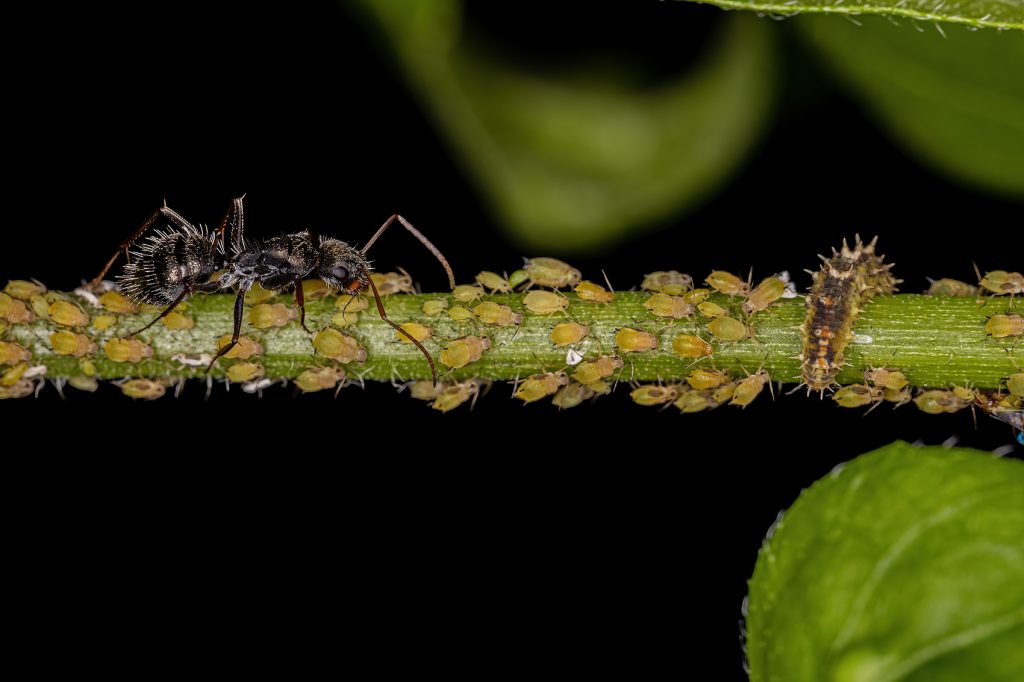
11. Create a Decoy Garden
Plant a separate garden with flowers like milkweed and zinnias to draw aphids away from your main plants. Just make sure these plants are not too close to your prized plants!
12. Keep Your Plants Healthy
Healthy plants are better at repelling pests. Make sure you understand their care requirements to keep them strong.
13. Use Diatomaceous Earth
This fine powder can be effective against aphids. It works by dehydrating them as they crawl over it.
14. Cayenne Pepper Spray
Create a homemade spray by mixing one cup of water with a teaspoon of cayenne pepper. This can help control aphid populations as well as other small pests.
Finding Balance
Managing aphids isn’t a one-size-fits-all solution. While it may be tempting to use a chemical spray, aphids can quickly return once the treatment wears off. Instead, focus on maintaining a balance by targeting aphids as you spot them, promoting beneficial insects, and creating distractions to protect your favorite plants.


